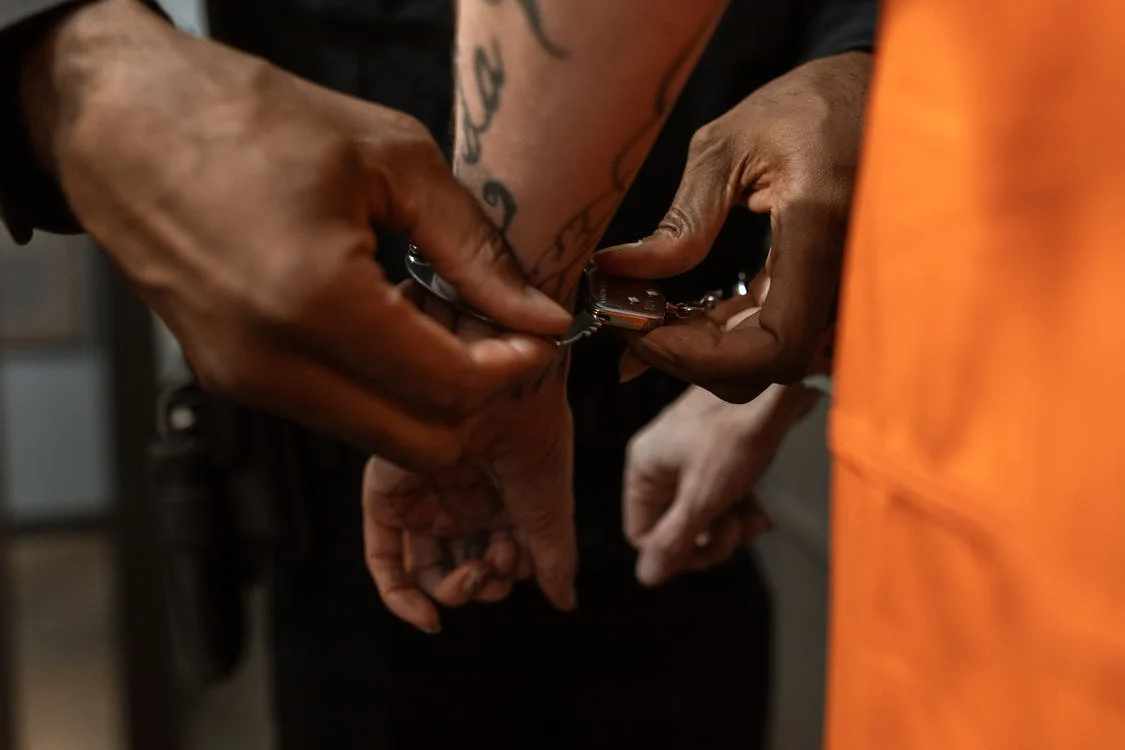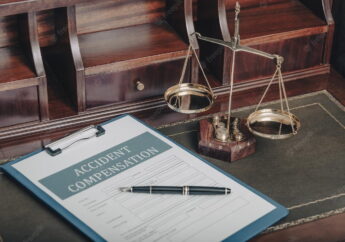8 Reasons Why Bail Can Be Denied
by Sumona Legal 20 July 2022

Posting bail allows an accused person to be released from jail with a promise that they will show up for court hearings. They don’t have to be behind bars till they wait for their trial.
Meanwhile, they can resume their daily lives, return to school or work, be with their family, and prepare their defense.
However, you shouldn’t assume you’ll get bail every time you appear in court for criminal cases.
Sometimes, the judge may deny bail because of several reasons, some of which we’ve mentioned below.
8 Typical Reasons For Which A Bail Can Be Denied

Overview:
- The severity of the crime
- Repeat offenses
- Flight risk
- Missing court dates
- Threat to public
- Disrespectful behavior in the court
- The accused is a non-US citizen
- The accused is mentally impaired
1. The severity of the crime
The most significant reason a judge will have for denying bail is the severity of the crime. If a person is charged with a particularly serious crime, such as rape, murder, or armed robbery, it may be difficult for them to obtain bail.
It may be ruled that the severity of the crime committed is so high that the person cannot be allowed to return to the general population pending trial. This is done to ensure the safety of the people.
However, if evidence suggests that the accused may not have been involved in a serious crime, the judge might decide to grant bail by lowering the amount.
2. Repeat offenses
A judge usually reviews the criminal records of all bail applicants. If someone’s records show they are repeat offenders and have multiple past bail applications for the same crime, the judge may deny their bail application.
If these repeat offenses are for crimes that are not considered severe, people may be able to use bail bonds as a get-out-of-jail card. Otherwise, it would be difficult. Data from the National Institute of Justice suggests that almost 44% of criminals released return before the first year out of prison.
Another arrest for the same crime would mean that the person has not learned from past mistakes. Any judge will view their bail application with skepticism because the person has proven that they cannot be trusted with their behavior and will likely commit the same crime again.
3. Flight risk
When a person has been granted bail, it means they have been granted trust. Bail is made with the condition that the person will appear at trial.
In some cases, the judge may have ample reason to believe that the accused person will try to flee the country. In such cases, they may deny the bail application.
If someone has a previous record of trying to flee, they would definitely be considered a flight risk.
4. Missing court dates
Those awaiting trials must make it to the pre-trial court dates since missing these can not only weaken their case but also extend jail time. If a person does not make it to the court when they are supposed to, they may also have their bail denied.
When a person applies for bail, the judge checks their records to see their adherence to past court dates. If they have missed a few dates without valid reasons, it indicates that they are not taking things seriously and cannot be trusted to show up to the trial. Hence, the judge may deny bail.
If the accused has a history of missing court appearances, the judge may perceive them as a flight risk and shut down their bail request. In such cases, it is up to the accused’s lawyers to convince the judge that it won’t happen again.
5. Threat to public
Bail is granted to people who are not likely to threaten the public. But when someone is charged with a particularly violent crime like a gun shooting, they may be considered a threat to society.
For example, if someone who has committed a terrorist act is granted bail, they may put the safety of the public in jeopardy.
In such cases, bail is typically denied to ensure the public’s safety. This also applies to other severe crimes, such as rape, murder, or armed robbery.
6. Disrespectful behavior in the court
Contempt of court can land the accused in trouble. This includes anything as simple as yelling at the judge or showing disrespect to the court in any form. Both of these could be reason enough for the judge to deny bail. Hence, misbehaving with the judge or anyone in the court is never a good idea.
However, the judge may change their mind later on and grant bail if the person is not accused of a serious crime, there’s no risk of flight, or they’re not a threat to society.
7. The accused is a non-US citizen
When a person is charged with committing a crime and they’re not a US citizen, they will most likely not be granted bail. In fact, if a person is believed to be in the United States illegally without proper documentation, they will be denied bail.
The Immigration and Customs Enforcement department will detain them. The person may even be deported back to their home country and banned from entering the US again.
8. The accused is mentally impaired
If the person appearing in court seems mentally impaired, the judge might not want to allow them to leave supervision. The accused’s safety and that of the public could be at stake; therefore, bail might be denied. Often the judge will request a mental health evaluation and grant bail if there is no apparent risk.
Conclusion
If you’re legible for bail, it’s best to adhere to legal protocols and take matters seriously to ensure the judge grants one. Try not to be disrespectful to the court in any way. In the event you’re denied bail, consult with an experienced bondsman to evaluate the options at your disposal.
Additionals:







































































































